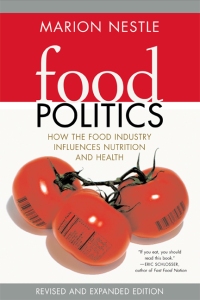My first reaction to “Retraction” was frustration because I couldn’t believe that I listened to Mike Daisey’s entire monologue without even thinking if he could be lying or not. I assumed that since he was talking about his personal experiences that the things he was saying were true. Now, after discovering the numerous lies Daisey told, I realize that I shouldn’t be surprised. Daisey’s monologue was not journalism; it was purely his attempt of being entertaining. In this case, it seems as though Daisey is nothing more than an actor since so much of his story was found out to be false.
At one point in “Retraction,” Daisey apologizes. In my opinion, he also owes an apology to Apple. Although we know that there are poor working conditions at factories that produce Apple products, the content in Daisey’s monologue was clearly exaggerated. With a high volume of listeners, I would assume that many of these listeners had a worsened image of Apple as a company after hearing Daisey’s story. This effect isn’t fair to Apple, considering many of the issues presented were exaggerated or made up altogether. This makes me wonder if Daisey had other motives besides just trying to put on a show and be entertaining.
It was disturbing for me to hear how many of the ideas presented were actually lies. I don’t understand why Daisey felt the need to tell a completely different story compared to what he actually experienced. When asked questions about his lies, he took a while to answer and when he finally answered, he didn’t seem confident in what he was saying. Could he have lied in that interview as well? Although he admits to his lies, he still tries to explain himself and stand behind his story. In my eyes, Daisey lost all credibility and nothing he says should be trusted. People tend to believe others who are talking about personal experiences, but it is probably wise to look out for people who might have other motives and could be lying or exaggerating the truth.






